Profile
Daniel Otto takes coconut business a notch higher
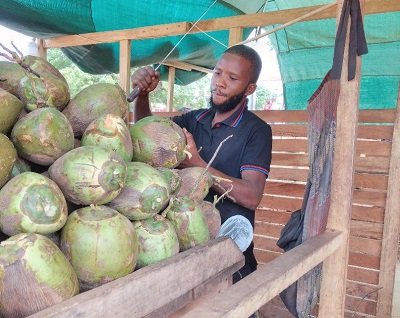
Individuals are often influenced by varied inclinations toenter specific professions or take decisions which have lasting effects on their lifestyles.
Though some people have been able to get the profession of their dream and will forever remain grateful to God, others, on the contrary, have to change their original plans to settle on different professions for a living.
To Mr Daniel Otto, an unassuming gentleman who had studied Electrical Engineering at the Kpando Technical Institute, and hails from Ho- Klefe in the Volta-Region, his ardentdesire while at school was to become a Military Officer.
He intimated that the impeccable level of discipline in the military, how principled they are, time and duty consciousness and their dedication to work, were some of the qualities which had endeared him to the military profession.
As fate would have it, Daniel Otto was not successful the first occasion he applied to enlist into the military.After the failed attempt to get enlisted into the military, he secured a job at a supermarket at Madina.
“Later, Pastor WorlanyoKudzo of the Lamb Light International, Malejor, where l fellowship, toldme that he had a vision in which he saw meselling coconuts,so l should think about it,” he said.
Mr Otto who was not enthused about the revelation to sell coconuts, said his greatest wish, after notgetting into the military, was to get employed in a well-respected job.
Based on the prediction of Pastor Worlanyo, he reluctantlysecured an umbrella,ostensibly as a protection from the scotching sun,purchased2,500 pieces of coconut and hired the services of two young men to start thebusiness atAdentan, in Accra.
Unfortunately, the young men he hired to sell the coconuts for him were neither regular nor punctual at the location to do brisk business.This lackadaisical attitudecaused the coconuts to go bad after they were left unattended to for some weeks.
After the disappointment, he relocated to Malejorto sell his coconuts, but he was again disappointed as sales at this new location alsowas disappointing.
Following this second setback, he doubted the authenticity of the prophecy which ushered him into the business.Daniel, however, intimated that he was not too much disappointed since he relied on God to pave the way for him.
Challenges
In the beginning,MrDaniel Otto was confronted with many problems in selling the coconut. He said though he did not know how to peel coconut, he felt shy to do the business.Fortunately for him, he was quick to overcome the shyness and focused on how to make his job thrive.
Having gone cash trapped due to the heavy losses he had incurred, he contrived means to purchaseGH¢ 50.00 worth of coconut in sacks from Madina to sell at Malejor in a wheelbarrow.Surprisingly, sales gradually picked up after every trip to Madina to purchase coconuts.
Eager to make an impact in the business, this energetic gentleman hired a tricycle to facilitate his work. Unfortunately, the tricycle was stolen and he had to sell under an umbrella.
Since he operated from a waterlogged area, he had to wake up as early as 5.30 am, fetchsand to fill the spot where the water had gathered to guarantee a solid ground for sales to start at 6.00 am till 10.30 pm or 11.30 pm sometimes, when customers kept coming.
Daniel now orders about1, 500pieces of coconut from Swedru and sells them within three to four days.
Youth
Daniel Otto has asked the youth to be zealous in whatever they do in life and remain focused no matter the alternative suggestions others would offer.
He said they should not look down on any job and consider it unattractive or unimportant but hold on fast to whatever ideas they have about the job they would like to undertake in life.
Otto said the youth who were endowed with creative mindsand would always like to take the initiative in doing things, should be encouraged to enable them to do more.
He said there were occasions people brought contrary views in order to discourage him but he stood his grounds.
Otto asked the youth to brighten the corner where they are and make the best of all conditions no matter the constraints.
Daniel Otto who has seven siblings,is single and enjoyssinging gospel songs and reading scripture.
By Raymond Kyekye
Profile
From dormancy to dominance: Rev. Emmanuel D. Niikoi’s inspiring netball journey
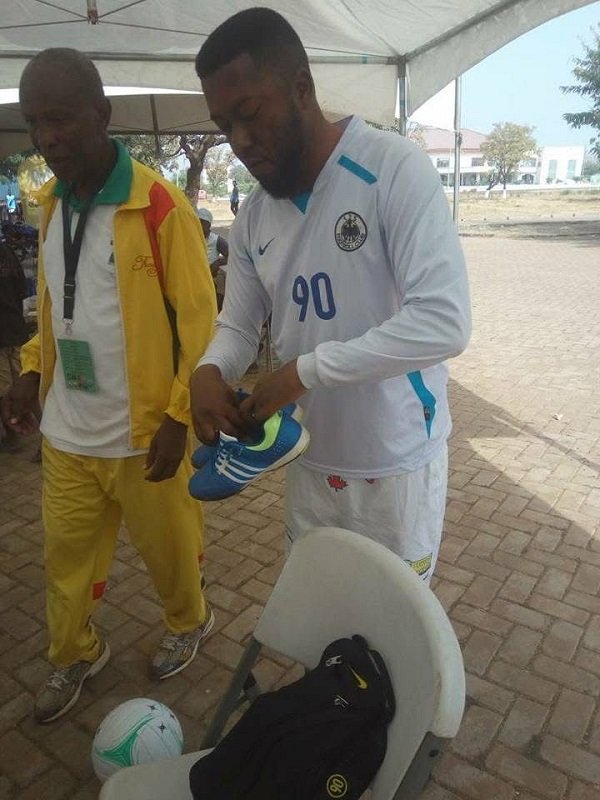
IN the annals of Ghana’s sporting history, certain individuals stand out not merely for participating in sport, but for transforming it.
Rev. Emmanuel D. Niikoi is one such figures. Revered as the father of modern netball in Ghana, is widely credited with rescuing the game from near extinction and transforming it into a vibrant, structured and nationally recognised sports discipline.
His journey reflects vision, resilience and an unwavering commitment to youth and sports development.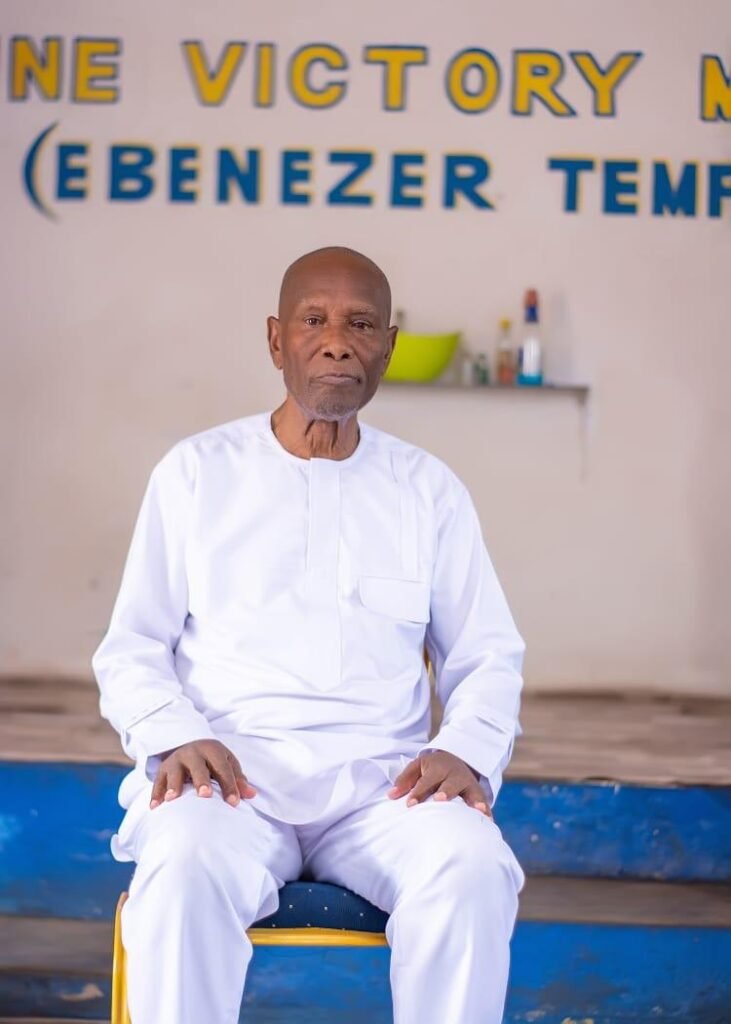
Netball was introduced to the then Gold Coast by Christian missionaries alongside formal education. By the 1960s and early 1970s, the sport had gained remarkable popularity in schools and colleges, ranking second only to football and, in some institutions, rivaling it in appeal.
However, during the 1974/75 academic year, the Ghana Education Service (GES) took a policy decision to step down netball in favour of basketball development. The decision dealt a severe blow to the sport.
Between 1975 and 1985, competitive netball virtually disappeared from Ghana’s sporting calendar.
That decision of the GES can be blamed for the current state of the sports that is producing heroines across the globe.
The revival of the game can be traced to 1985 during the Golden Jubilee celebration of the Ghana Broadcasting Corporation (GBC).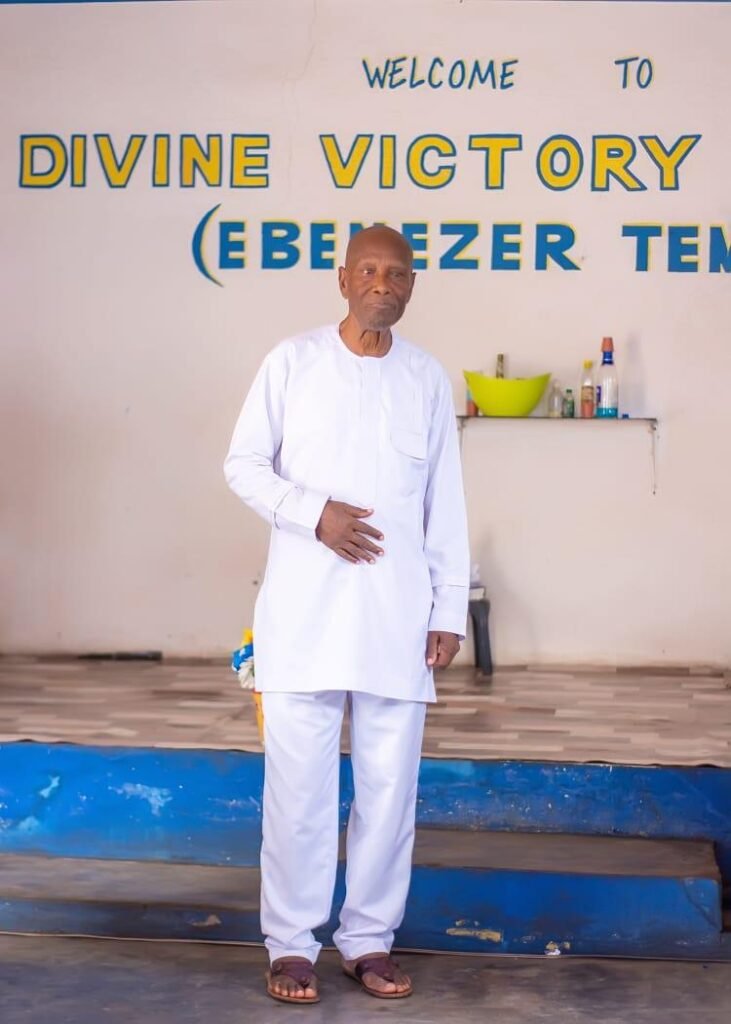
At the time, Rev. Niikoi was serving as Chief Editor (News) in the Radio Newsroom. Understanding both the historical importance and untapped potential of netball, he championed the inclusion of a netball tournament as part of the anniversary celebrations. The event reignited public interest and reminded many of the sport’s former glory.
Crucially, Rev. Niikoi did not allow the momentum to fade after the festivities. The GBC netball team formed for the tournament, aptly named “Golden Hands,” became the cornerstone of a national revival campaign.
With determination and personal sacrifice, he led tours across the country, using the team as a practical training platform.
He personally taught sports teachers under the GES the official rules of netball, reintroduced structured competition, and restored confidence in the sport’s viability.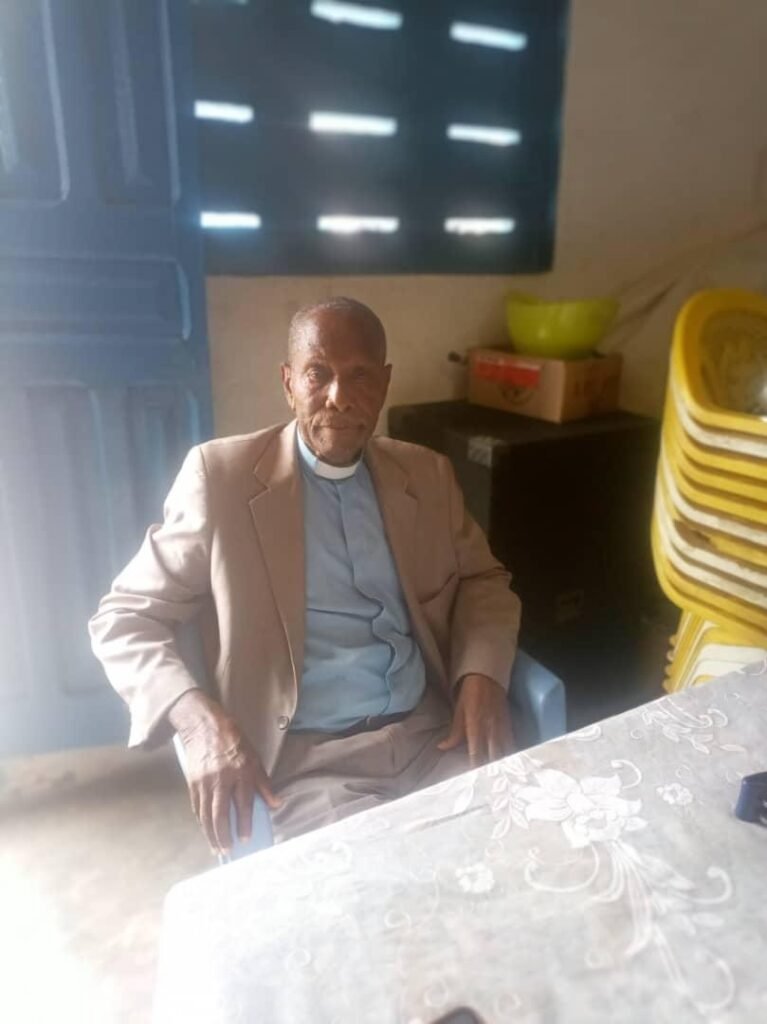
These efforts culminated with the formation of the Netball Association of Ghana in 1988, now known as the Netball Federation of Ghana.
In 1990, the association gained formal recognition from the National Sports Authorities, previously known as the National Sports Council (NSC), restoring netball’s status as an official sporting discipline.
This milestone marked the rebirth of organised netball in Ghana and cemented Rev. Niikoi’s place as founder of the national governing body.
Revival soon transitioned into consolidation. Over the years, Rev. Niikoi consistently lobbied educational and sports authorities to reintegrate netball into major school competitions.
His advocacy led to the sport’s reintroduction into the National Basic Schools Sports Festival, the Senior High and Technical Schools Sports Festival, the Colleges of Education games, and competitions under the Ghana University Sports Association (GUSA).
Today, netball is played across the entire educational structure in Ghana, from basic schools to public universities, a testament to his sustained and strategic efforts.
On the continental and global front, Ghana is a full member of World Netball and was a founding member of the Confederation of Africa Netball Associations (CANA), now Africa Netball.
In 2004, Ghana hosted the inaugural Africa Netball Cup of Nations in Accra and emerged champions after defeating Namibia in the final. The victory not only boosted Ghana’s sporting image but also validated years of groundwork.
In 2007, Rev. Niikoi was elected Director of Marketing and Media for CANA, serving a four-year term and contributing to the sport’s development across the continent.
In 2019, following governance reforms required by the International Olympic Committee to lift sanctions related to state interference in sports administration, national federations were mandated to adopt independent constitutions. Under this new framework, the Netball Federation of Ghana successfully drafted its constitution and conducted elections.
On June 19, 2019, Rev. Niikoi was elected the federation’s first President under the independent constitutional order which is symbolic and deserved recognition of decades of service.
Beyond netball administration, Rev. Niikoi also served two terms spanning eight years from March 2018 to March 2025 as an Executive Board Member of the Ghana Olympic Committee.
His presence on the board ensured that netball maintained visibility within Ghana’s broader Olympic movement.
A Bachelor of Arts graduate in Combined Honours (History and Law), Rev. Emmanuel D. Niikoi has trained numerous coaches and umpires nationwide, strengthening the sport’s technical foundation and ensuring sustainability.
His leadership style combines administrative discipline with grassroots engagement, making him both a strategist and a mentor.
From dormancy to dynamism, the resurgence of netball in Ghana bears his unmistakable imprint. Through advocacy, institution-building and capacity development, Rev. Niikoi has secured a lasting legacy.
Today, every netball match played in Ghana, whether at a basic school court or a university festival stands as living testimony to his vision and perseverance.
By Esinam Jemima Kuatsinu
Profile
Autism Awareness Care & Training: Pioneering autism care, inclusion in Ghana
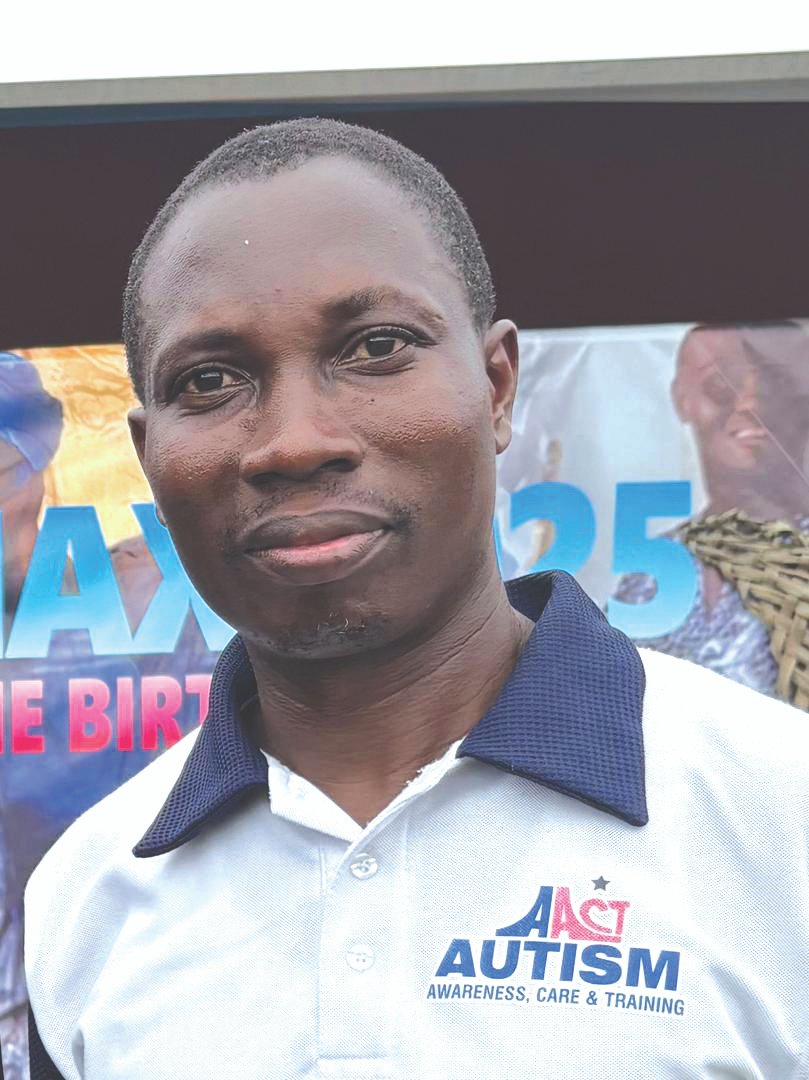
AUTISM Awareness Care and Training (AACT) is Ghana’s first autism-focused centre, playing a pioneering role in the care, education, and advocacy for children on the autism spectrum and their families.
Established in 1998, AACT began as a parent-support and training initiative at a time when autism was poorly understood in Ghana. Many families raising autistic children faced stigma, isolation, and limited access to information or professional assistance.
Over the years, the organisation has evolved into a full-fledged autism care and training centre, responding to the growing demand for specialised services and sustained nationwide awareness.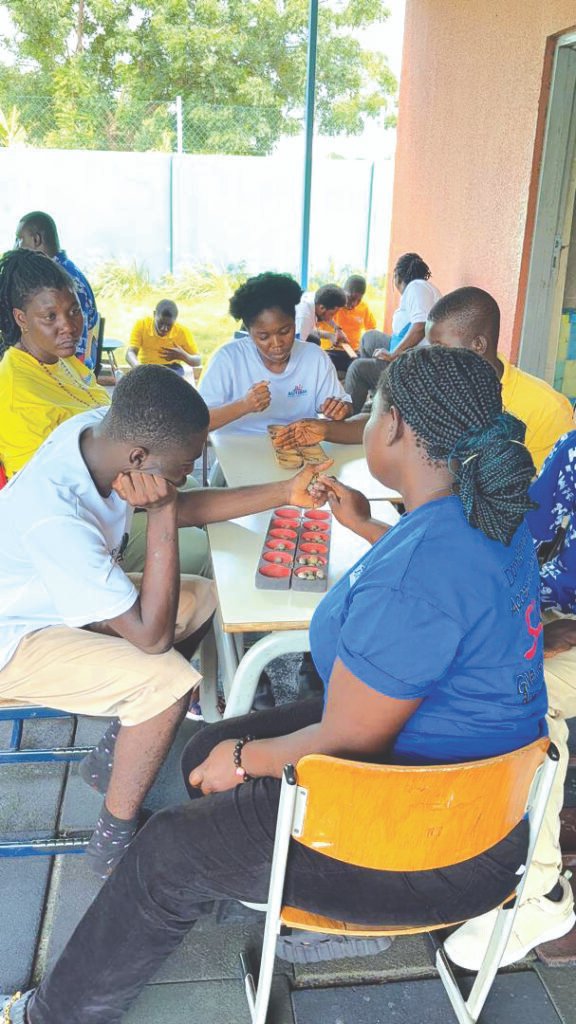
AACT is currently located in Haatso, Accra, where it operates a structured day programme serving about 25 learners daily. The centre provides a safe, inclusive, and supportive environment where children with autism are guided to develop essential life, social, and functional skills.
Programmes at the centre focus on independent living skills, vocational and pre-vocational training, functional academic skills, and therapeutic interventions. These activities are tailored to the individual needs of each learner, recognising that children on the autism spectrum learn and develop at different paces.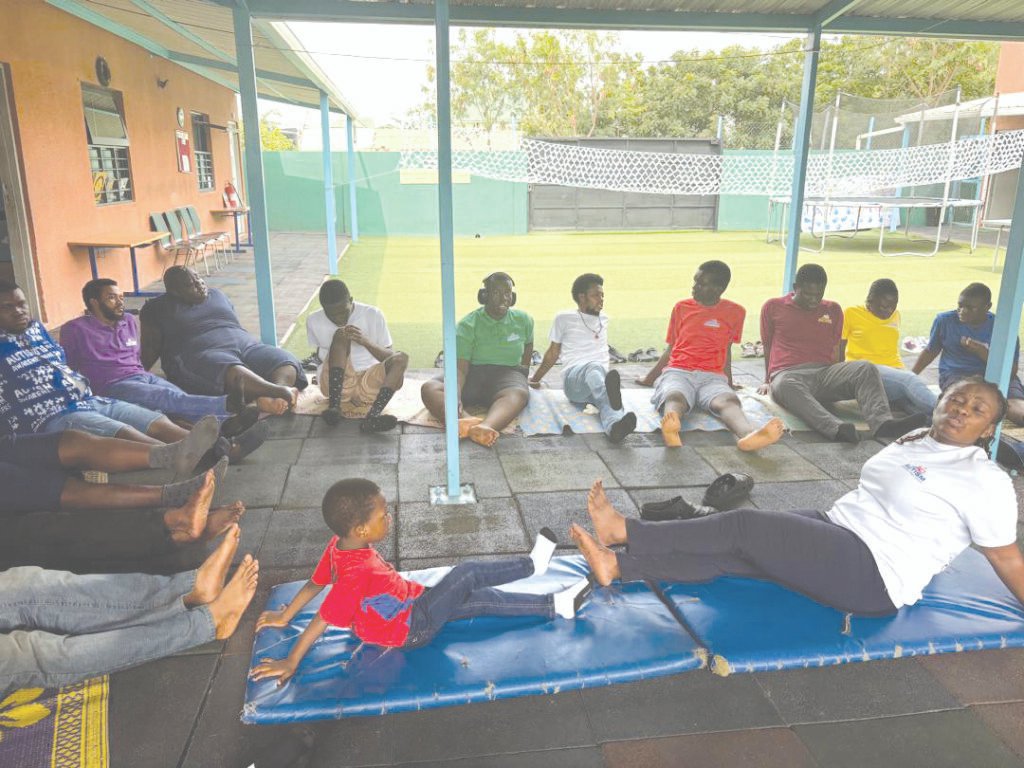
According to Abeiku Grant, Head of Programmes at AACT, the centre’s philosophy is centred on ability rather than limitation.
“Every autistic child is different,” he said. “Our work is to support them at their own pace and help them discover what they can do, not to focus on what they cannot do.”
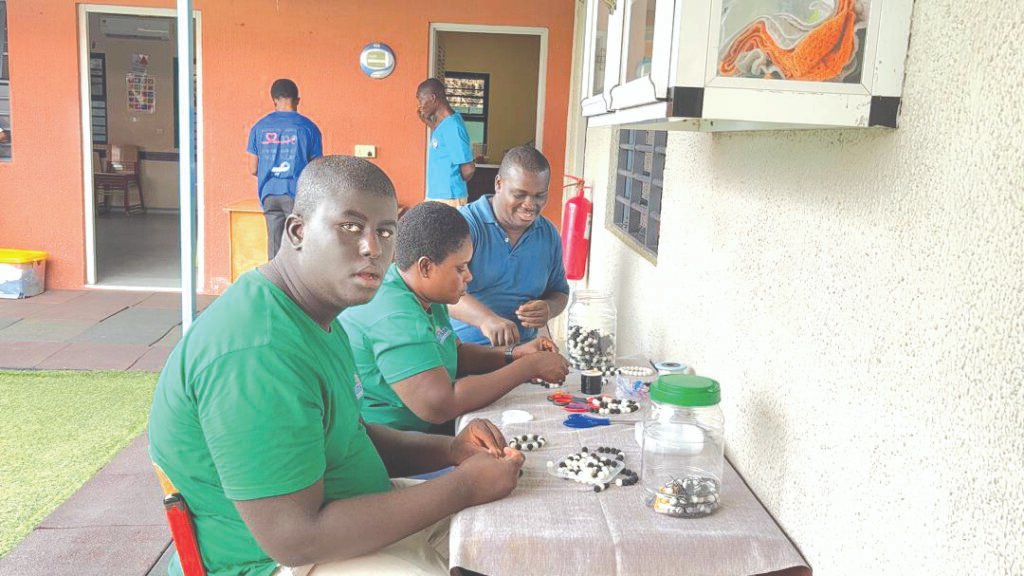
Beyond centre-based services, AACT places strong emphasis on autism awareness and advocacy, particularly within schools and communities. Many children with autism in Ghana continue to face rejection and exclusion due to stigma, misinformation, and the lack of trained personnel in educational institutions.
In 2025, AACT reached over 20 schools across the country, providing autism education to teachers, students, and school administrators.
The organisation also runs free teacher training programmes, equipping educators with practical knowledge and basic tools to support autistic learners in inclusive classroom settings.
“Many schools tell us they are not resourced or trained to handle autistic learners,” Mr Grant explained. “Instead of waiting for change, we decided to go to them and train teachers for free.”
AACT also engages learners directly, addressing widespread misconceptions about autism, including the false belief that autism is contagious or caused by bad parenting. These outreach programmes aim to build empathy among students and promote peer support for autistic learners in mainstream schools.
Another major challenge confronting families is limited access to autism services, especially outside Accra. With most autism centres concentrated in the capital, many families from other regions are forced to travel long distances or keep their children at home due to cost, stigma, or lack of support.
“Education is not meant only for typical children,” Mr Grant stressed. “Children with autism also have the right to education and care. No child should be hidden because of lack of understanding or opportunity.”
As part of its outreach work, AACT supports parents to overcome stigma and encourages social interaction for children with autism, believing that community engagement is essential for development and confidence building.
In December 2025, the centre received what it described as its largest donation of the year, raised by children from the Unmasked Mentoring initiative. According to the organisation, the donation was particularly significant as it demonstrated empathy and social responsibility among young people.
As a non-governmental, non-profit organisation, AACT depends largely on donations, partnerships, and goodwill to sustain and expand its work. Current needs include a minibus for community-based social activities, expansion of its facility to accommodate more learners, sponsorship support for children from financially challenged families, and funding to scale autism awareness programmes nationwide.
Looking ahead, AACT envisions a Ghanaian society that is inclusive, informed, and supportive of persons with autism.
“Our goal is a Ghana where children with autism are accepted and supported,” Mr Grant said. “Every child has potential. All they need is understanding, opportunity, and care.”
By Esinam Jemima Kuatsinu







